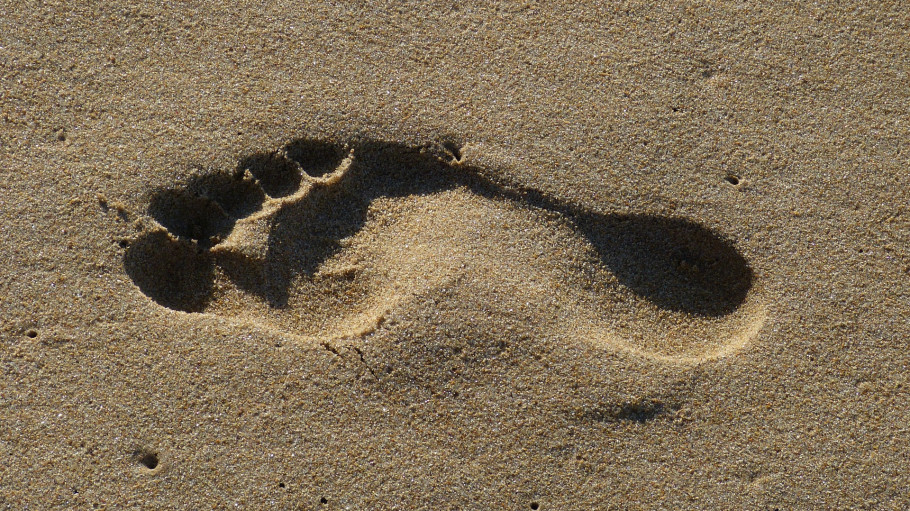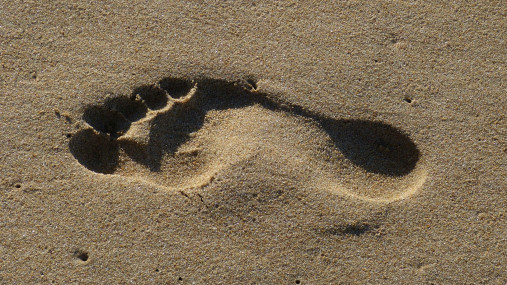
Publications » Position papers » Policy options for the Product Environmental Footprint (PEF)
Policy options for the Product Environmental Footprint (PEF)
Downloads and links
Recent updates

The EF methodology should be used as an underlying approach in supporting product policies, rather
than a policy in itself.
Potential benefits of using the EF method in product policy:
EUROFER sees the need for a coherent product policy framework that supports a circular economy and sustainability, giving full recognition to materials at the design stage that are fit for circularity and support sustainable outcomes. We see a lifecycle approach in product policy as the only way to achieve this, and the EF method could provide the coherence if it is used in existing product policies that focus on different lifecycle stages e.g. design, production, use or end of life.
We believe the greatest benefit of PEF can be achieved when applied in end-product applications, rather than in the supply chain of semi-finished products. This is because the product design stage, including the materials used and other product design choices, has the greatest potential to improve environmental performance of a product, and in particular the degree of circularity achieved during the waste management of products at end-of-life.

Download this publication or visit associated links
Brussels, 20 February 2026 – EU steel exports to the United States fell by 30% in the second half of 2025 compared to the same period in 2024, after the imposition of 50% tariffs according to new Eurostat data. The expansion of the U.S. tariff regime to include downstream steel-intensive products, such as machinery and equipment, is expected to amplify its impact on both EU steel producers and their customers. The European Steel Association (EUROFER) said the figures underscore the need for any EU-US trade agreement to be fair, balanced and enforceable.
Joint Industry Statement
Brussels, 11 February 2026 - The European Steel Association (EUROFER) has backed a call to action adopted by European companies and industries in Antwerp today, which includes a demand on the EU to take urgent action to bring electricity prices down as a condition for Europe’s industrial drive, competitiveness and economic resilience.